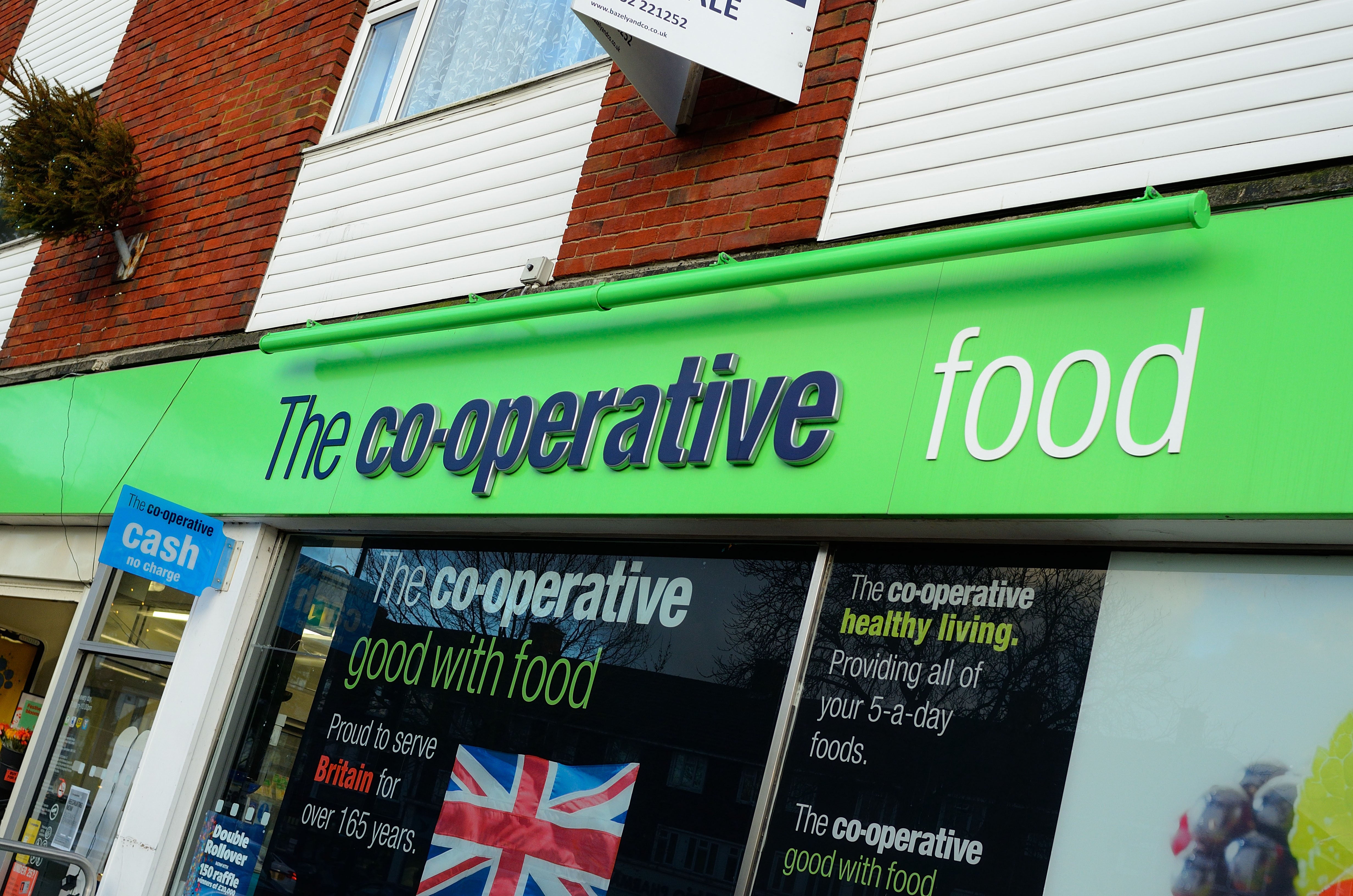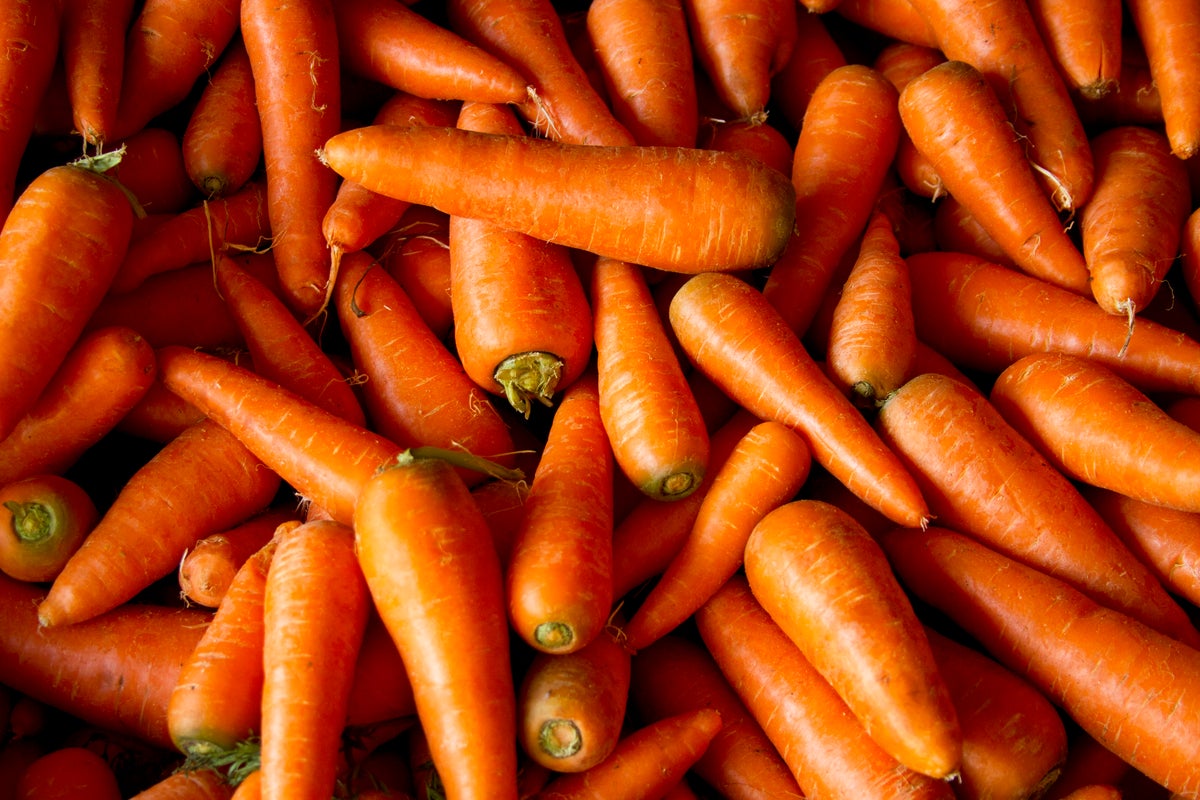Co-op is set to remove products, including Israeli carrots and Russian vodka, from its shelves as part of a new policy aimed at boycotting goods from “countries of concern”.
The supermarket chain announced it will cease sourcing relationships with nations where there are “internationally recognised community-wide human rights abuses and violations of international law,” stating the move is intended to “support peace and co-operation.”
Under the new policy, the grocer will, wherever possible, avoid using ingredients in Co-op branded products or selling whole items from 17 identified “countries of concern.” Specific products on the prohibited list include carrots from Israel, Russian vodka, and mangoes from Mali.
These items will be phased out from Co-op stores and products, with the process commencing this month.

The supermarket said the policy had been approved by the Co-op Group Board and coincided with the start of Co-op Fortnight in the UK.
It followed a year of “detailed analysis” and was based on three criteria: agreement across respected assessments of behaviour which would constitute community-wide human rights abuses or violations of international law; that the actions Co-op could take would make a difference to those affected; and that the grocer’s actions would not negatively affect its integrity as a commercially successful business aligned with co-operative values and principles.
Over recent years, Co-op members had made clear through surveys, engagement and motions that conflict was one of their biggest concerns and that “their Co-op should do all it can to advocate and build peace”, it said.

Debbie White, chairwoman of the Co-op Group Board, said: “This policy – which has been developed over the past year as a part of our Hate Divides Communities, Co-operation Builds Them campaign – is a clear demonstration of our co-operative values in action, where the voices of our members have been listened to and then acted upon.
“We are committed, where we can, to removing products and ingredients from our shelves which are sourced from those countries where the international consensus demonstrates there is not alignment with what happens in those countries and our co-operative values and principles.
“As a business, we have a long-standing legacy of doing the right thing, supporting Fairtrade and championing ethical sourcing, and this policy is a natural progression of this.”



